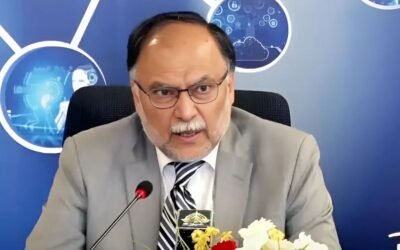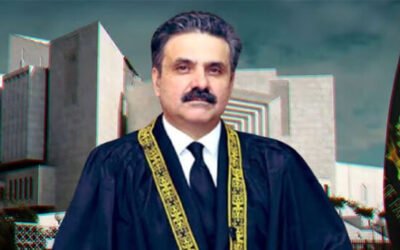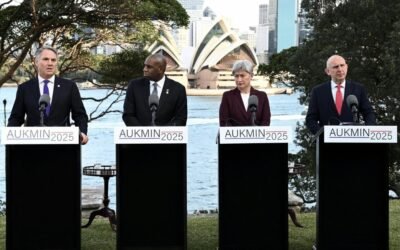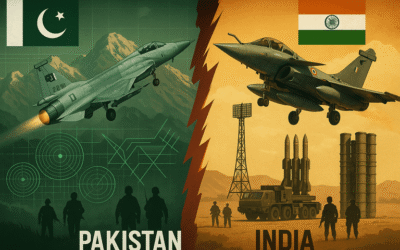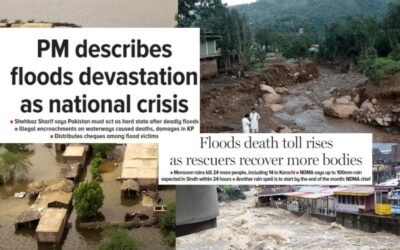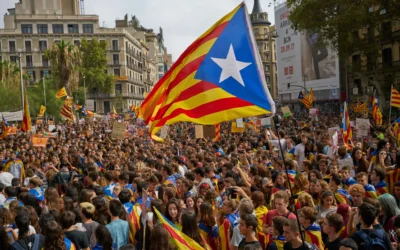PUTRAJAYA, MALAYSIA | July 28, 2025 — After five days of escalating violence along their long‑contested border, Thailand and Cambodia have agreed to an immediate and unconditional ceasefire, effective midnight local time (1700 GMT) on July 28–29, 2025. The agreement was brokered during intensive diplomatic talks hosted by Malaysian Prime Minister Anwar Ibrahim, in his role as chair of ASEAN, and attended by Cambodian Prime Minister Hun Manet and Thailand’s Acting Prime Minister Phumtham Wechayachai.
Key Facts
- The conflict, which reignited on July 24, marked the deadliest flare‑up along their shared 800 km (500 mile) frontier in over ten years, resulting in at least 35–40 deaths, mostly civilians, and the displacement of over 300,000 people on both sides.
- Fighting involved artillery, rocket exchanges, and airstrikes, with both sides accusing each other of landmine deployment and grave battlefield provocations at sites including Prasat Ta Muen Thom.
- The ceasefire talks received backing from both the United States and China, with U.S. pressure including threats of a 36% tariff on imports from both nations unless fighting ended.
Post‑Ceasefire Developments
- Despite the ceasefire being in effect, Thailand’s military alleged Cambodia launched armed attacks in multiple locations soon after midnight. Cambodia denied any violations, asserting it had fully respected the truce.
- Military commanders from both sides met on July 29 and agreed to halt all troop movements, coordinate on returning the wounded and deceased, and form a joint four-member coordination team for dispute resolution. They also committed to postponing troop reinforcement along the border.
- A cross‑border committee meeting is scheduled for August 4, under the auspices of ASEAN and attended by defense attachés, to strengthen implementation of ceasefire terms.
More Like This:
Leaders’ Responses
- Hun Manet expressed cautious optimism that peace could begin to take hold, while Phumtham Wechayachai emphasized Thailand’s commitment to sovereignty and civilian safety—though he also raised concerns about alleged ceasefire violations.
- Malaysian PM Anwar Ibrahim lauded the ceasefire as “a vital first step towards de‑escalation and the restoration of peace and security” in Southeast Asia.
- U.S. officials, including Secretary of State Marco Rubio, confirmed American participation in the peace process and repeated the importance of U.S. engagement and mediation.
- Former U.S. President Donald Trump publicly took credit for influencing both sides through his trade threats and direct communications with leaders in Phnom Penh and Bangkok.
Looking Forward
- The ceasefire still faces significant challenges. Analysts warn that political machinations—particularly involving the Shinawatra dynasty in Thailand and the Hun family in Cambodia—continue to shape nationalist tensions, regardless of battlefield calm.
- The fragility of the truce underscores ASEAN’s need to establish more robust conflict‑prevention mechanisms. Without deeper diplomatic structures, similar crises may recur along unresolved territorial lines.












